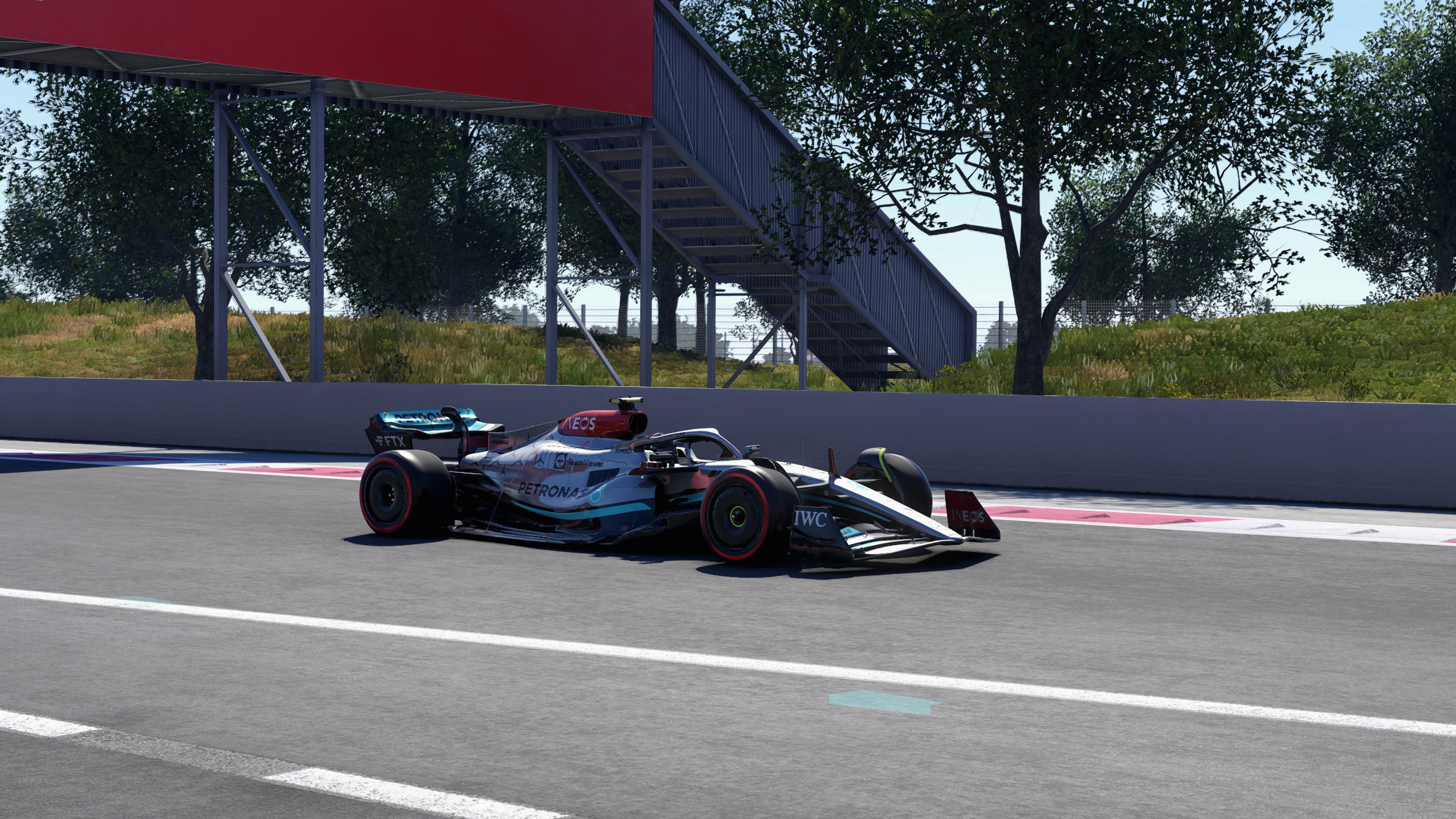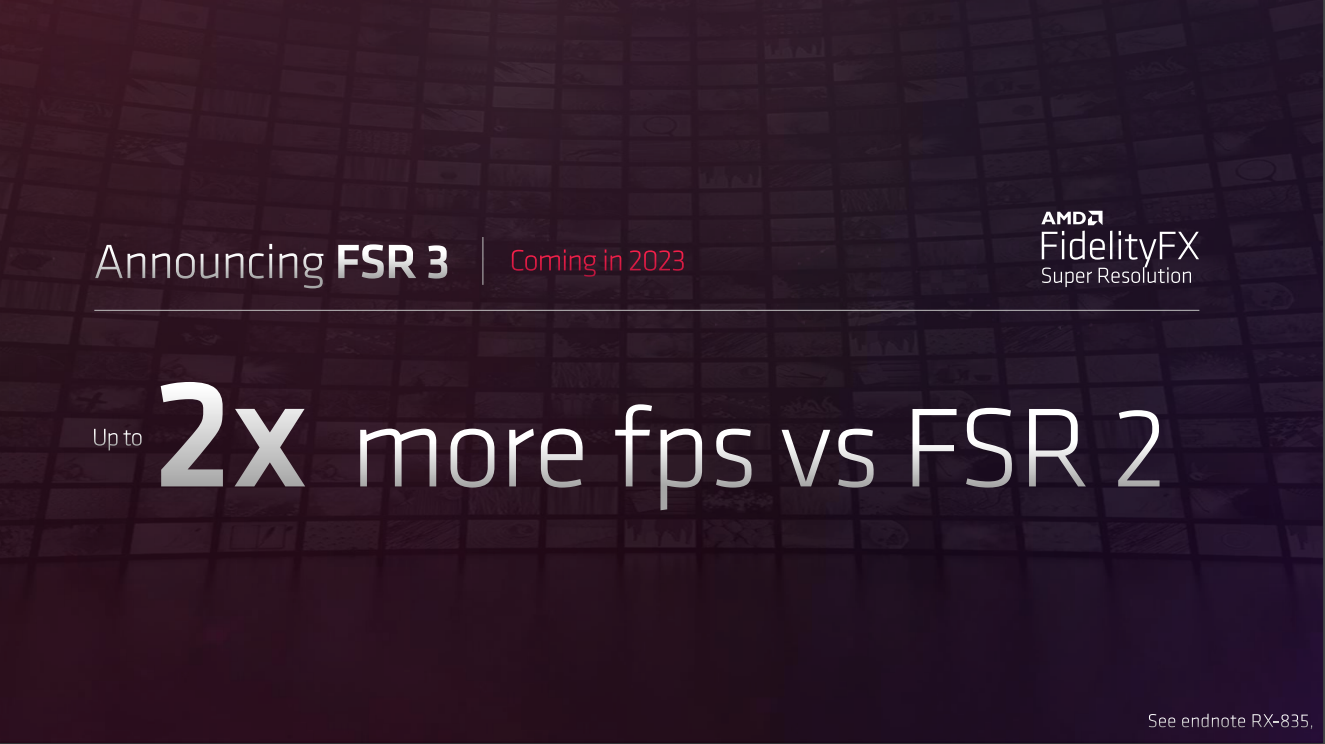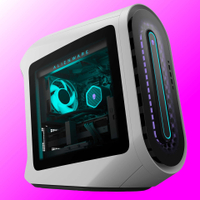AMD could offer 'an exciting sneak peek' of FSR 3 at GDC event on March 23
Next version of AMD's upscaling tech said to double performance.

AMD could be about to preview its next-generation upscaling technology at the Game Developers Conference, aka GDC, on March 23. AMD has already claimed that FSR 3 will deliver twice the frame rate of FSR 2 and a tease attached to a GDC presentation around its FidelityFX platform has started the rumour mill grinding on the potential for a big reveal.
AMD previously said that it is also working on an answer to Nvidia's Frame Generation technology, as seen in Nvidia's DLSS 3 upscaling platform. It's likely the mooted performance boost for FSR 3 and the introduction of an answer to Nvidia's Frame Generation are at least somewhat related.
The specific event in question is AMD's FidelityFX SDK presentation (via Videocardz) at the Game Developers Conference (GDC), scheduled for 10am on March 23. The event will provide an overview of AMD's FidelityFX technologies and discuss how developers can best implement them.
The kicker here lies in the final comment, indicating that the session "will also include an exciting sneak peek of new FidelityFX technologies that will be available soon."
At the launch of its RDNA 3-based Radeon RX 7000-series GPUs, AMD revealed that its next gen FSR scaling tech would deliver twice the frame rate of FSR 2. So, we'll hopefully get some insight into how that will be achieved at GDC later this month.

As we reported late last year, AMD's response to Nvidia's frame generation tech will be known as Fluid Motion Frames. AMD says this will be similar in purpose, if not necessarily exactly the same in how it actually works, to what Nvidia calls DLSS Frame Generation.
The basic idea is to infer whole new frames based on existing frames using information from motion vectors that can be inserted in between fully rendered frames, thereby dramatically increasing the overall frame rate and the smoothness of your gaming experience.
Keep up to date with the most important stories and the best deals, as picked by the PC Gamer team.
Exactly how challenging it is to implement this technology is an open question. AMD certainly seemed to be reacting directly to Nvidia's Frame Generation introduction back in November when it announced its response.
At the time it was unclear how long it would take AMD to come up with an answer. But perhaps we'll have a clearer idea on March 23. Watch this space.
Best gaming PC:
The top pre-built machines from the pros
Best gaming laptop:
Perfect notebooks for mobile gaming

Jeremy has been writing about technology and PCs since the 90nm Netburst era (Google it!) and enjoys nothing more than a serious dissertation on the finer points of monitor input lag and overshoot followed by a forensic examination of advanced lithography. Or maybe he just likes machines that go “ping!” He also has a thing for tennis and cars.


